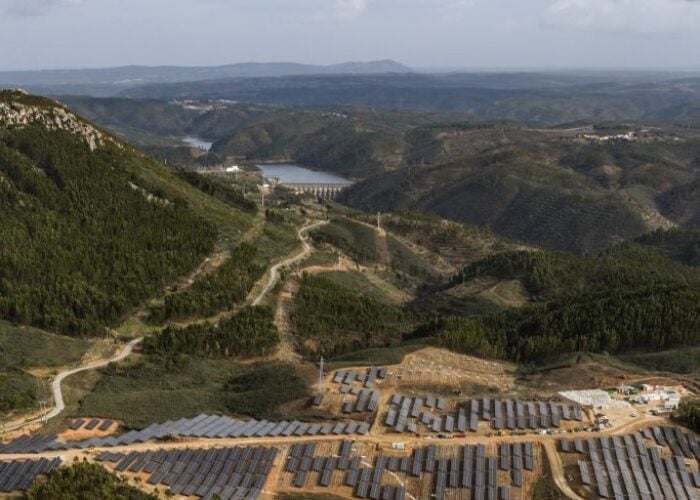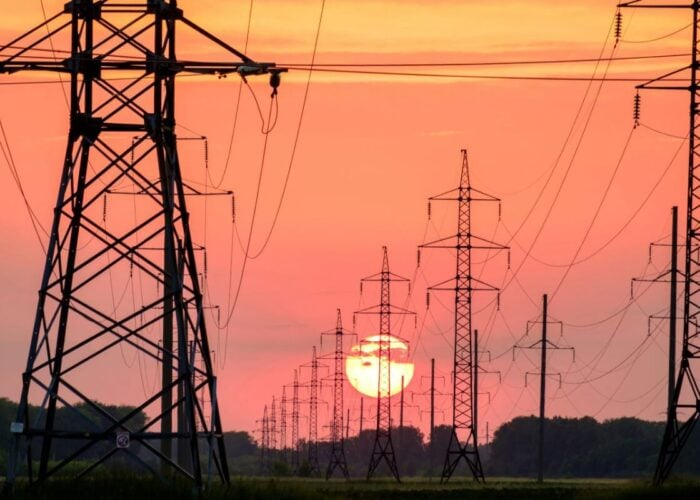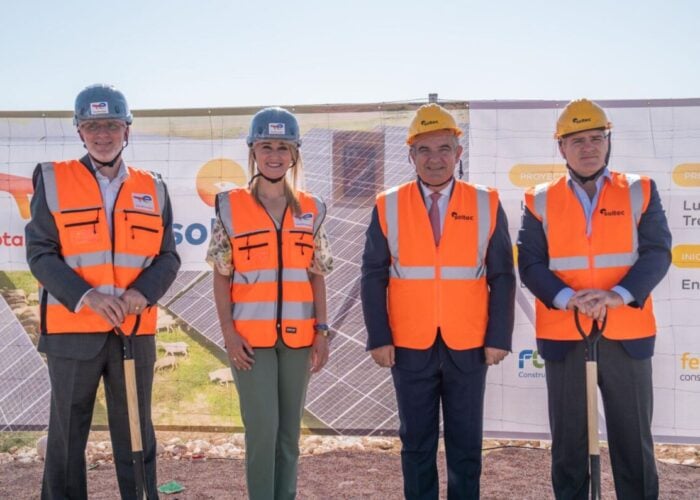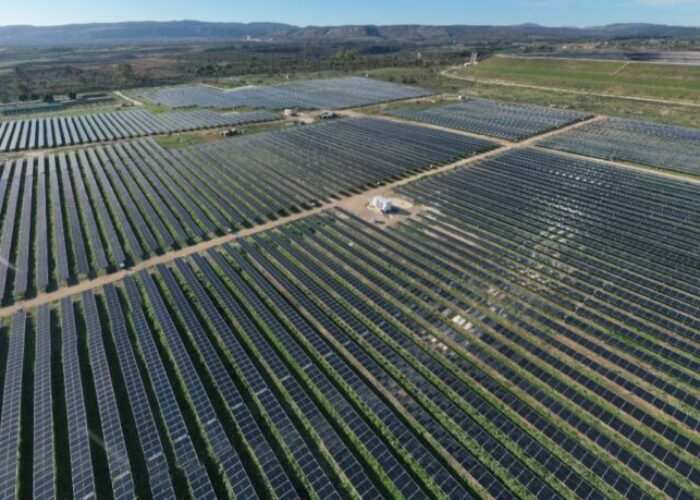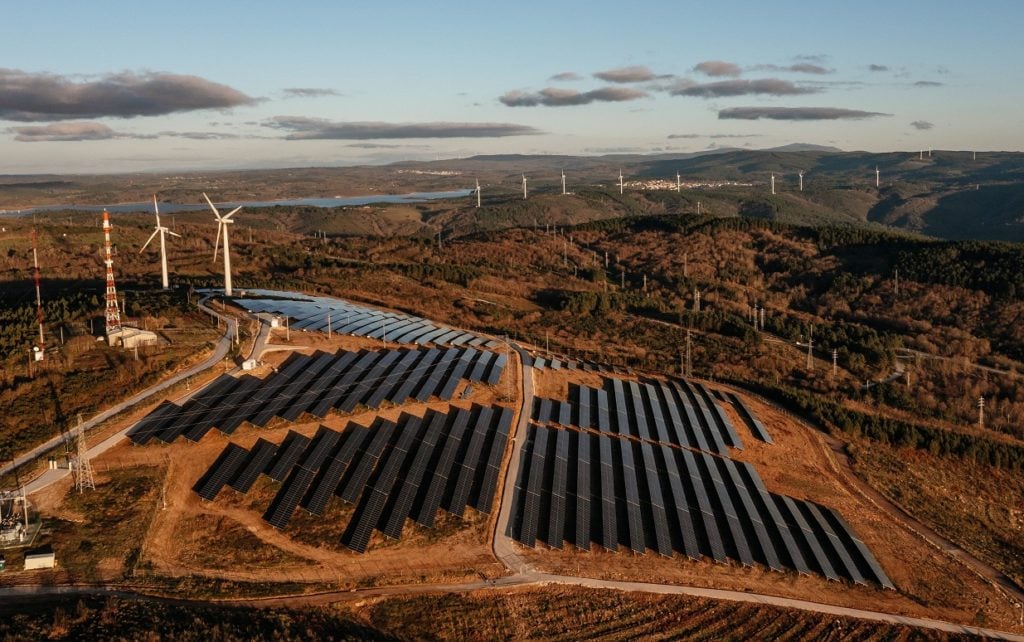
Sixty-one percent of electricity consumption was supplied by renewables last year in Portugal, the highest ever recorded in the national system, according to the country’s grid operator Redes Energéticas Nacionais (REN).
REN said renewables production in 2023 reached 31.2TWh. Wind energy supplied 25% of the consumption in Portugal, followed by hydropower (23%), solar PV (7%), and biomass (6%).
Try Premium for just $1
- Full premium access for the first month at only $1
- Converts to an annual rate after 30 days unless cancelled
- Cancel anytime during the trial period
Premium Benefits
- Expert industry analysis and interviews
- Digital access to PV Tech Power journal
- Exclusive event discounts
Or get the full Premium subscription right away
Or continue reading this article for free
Although solar PV’s annual production was about 3.58TWh, it grew by 43% year-on-year.
Portugal is ramping up its installed solar capacity. In its updated national energy and climate plan (NECP), Portugal targets an installed capacity of 20.4GW of solar PV by 2030. Three-quarters of the 20.4GW solar PV capacity target would come from utility-scale projects (14.9GW), while the remaining 5.5GW is expected to be from self-consumption solar or near-site consumption (decentralised solar in the draft document).
The new target more than doubles the previous national plan which was expected to reach 9GW of solar PV by 2030.
PV Tech reported that permitting issues were one of its main barriers in the Portuguese solar PV market. Panellists during last year’s Large Scale Solar Europe event discussed the future of the Portuguese solar market which had made several regulatory improvements – including less tight environmental assessments for projects of up to 100 hectares – in order to help accelerate the deployment of solar PV.
| PV Tech publisher Solar Media will be organising the 12th annual edition of Large Scale Solar Europe in Lisbon, Portugal, 26-27 March. The event will explore the solar manufacturing future in Europe, with panels on several markets including Italy, Ireland and Czechia as well as permitting and planning bottlenecks among others. More information, including how to attend, can be read here. |

